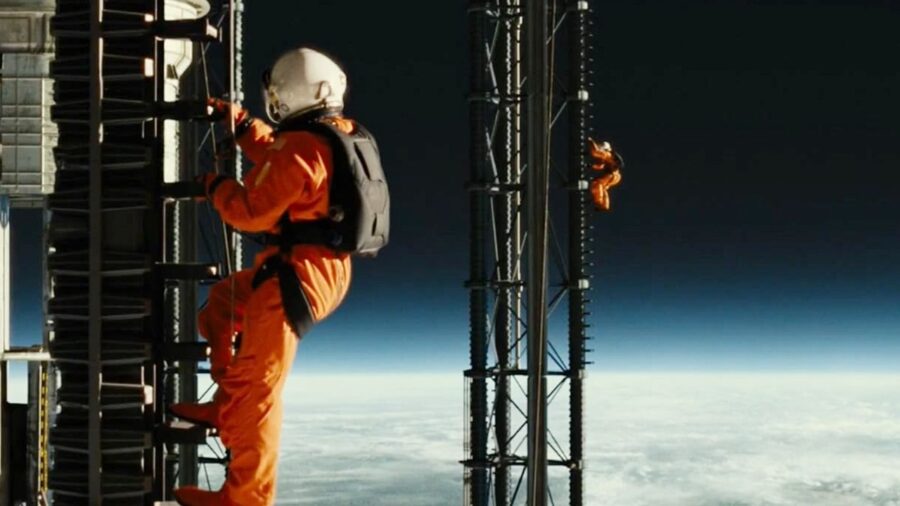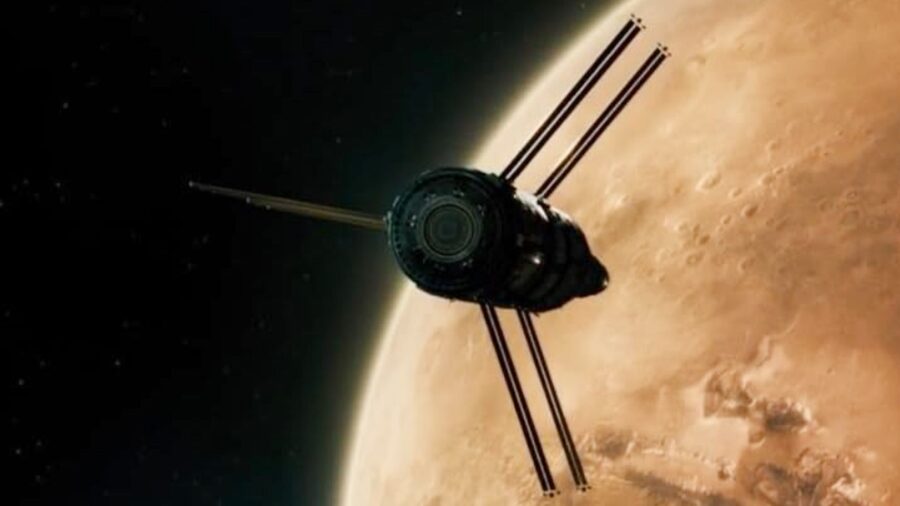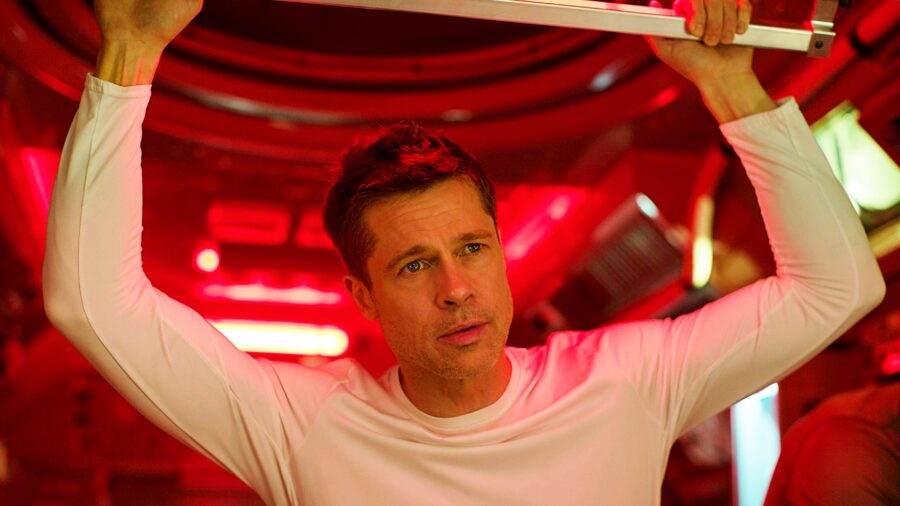
By Jonathan Klotz
| Published

The fate of humanity is at stake, and only Brad Pitt, in one of his rare sci-fi roles, can save the known universe. On paper, Ad Astra sounds amazing; it was directed by James Gray, the award-winner responsible for We Own the Night and The Lost City of Z, and includes both Tommy Lee Jones and Donald Sutherland in the expanded cast, so all the parts were in place to become a hit. Instead, the film is too well-made to be a good-bad movie and too boring to be a crowd-pleaser, leaving it stuck in the middle where no film wants to be: competently made, well-acted, gorgeous shots, but was met with a collective shrug of indifference.
A Visually Stunning Journey Into Space

Ad Astra has humanity on the brink of collapse due to strange power surges from the depths of the solar system rocking the planet. There are no aliens, though, as it’s a floating space station in Neptune’s orbit responsible for the surges. Brad Pitt, as astronaut Roy McBride is sent in charge of a team to find out if anyone is still alive on the space station, “Project Lima,” which should include his father, the project’s commander, Clifford McBride, played by Tommy Lee Jones.
Getting from point A to point B proves to be difficult, thanks to, in part, feral lab monkeys, space pirates, more power surges that hit their vessel at the worst moment possible, and a series of double-crosses. Ad Astra manages to have a lot crammed into it, but at the same time, very little of consequence. Escaped monkeys have nothing to do with the fate of the galaxy, so by the time the film gets to the real themes of the story, the bond between a father and son, and humanity’s hopes for space exploration, most viewers have tuned out.
Ad Astra Does Too Much

When a film is described as “slow,” that’s usually a reviewer’s codeword for “boring” or “plodding,” and yes, Ad Astra is a slow film, but that’s because it’s the rare modern contemplative piece of big-budget cinematic sci-fi. More 2001: A Space Odyssey than it is Star Wars, there’s a potential genre classic hiding in the script and behind the gorgeous shots of outer space, but the focus is too broad to coax it out of hiding.
Ad Astra’s transition to the third act occurs with a great moment of zeroing in on Roy, his relationships, what got him to this point, and what he hopes to achieve. That’s what the film excels at, and if there were more moments like that and less with escaped monkeys or space pirates, it could have hit the heights of other cerebral sci-fi films like Solaris or Arrival.
Brad Pitt doesn’t usually dabble in genre films, but when he does, he brings his A-game, from Interview with the Vampire to 12 Monkeys, and Ad Astra is no exception. With a running time of 124 minutes, shaving off 10 or even 15 could have tightened the pacing to produce something that’s more memorable and thought-provoking instead of a film that tries to do too much and loses itself in the process.
Ad Astra is currently streaming on Hulu.

Leave a Reply